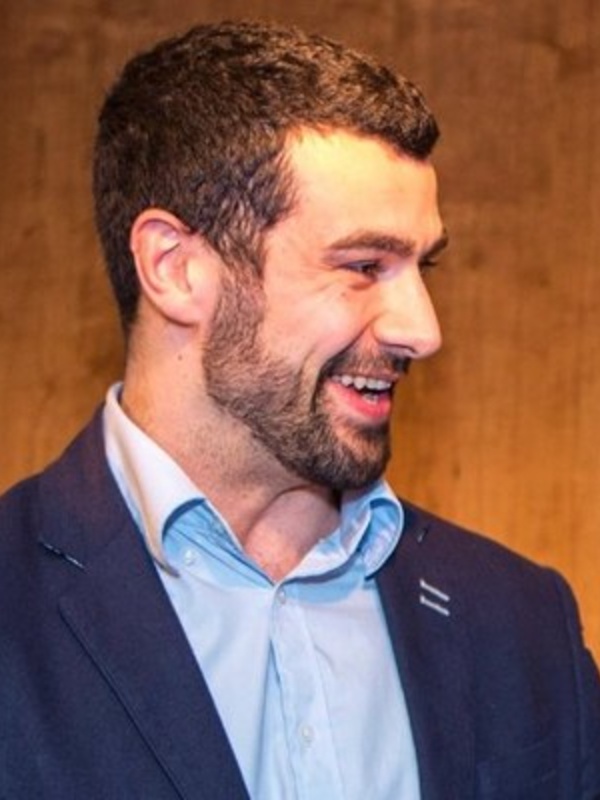Dr Ben Laws
- ESRC New Investigator
- Wolfson College Junior Research Fellow

Connect
Research
Ben was a post-doctoral researcher in the PRC, working on a research project titled ‘Prisoner Emotions at the Margins: Understanding the pathways to destruction and healing among prisoners in solitary confinement’. Funded by an ESRC New Investigator grant, this 30-month project, which began in March 2018, is now in its second year. The study explores the emotional dimensions of segregation units in England and Wales, based on a five-month fieldwork period in the segregation unit at HMP Whitemoor, talking with prisoners and officers informally and conducting semi-structured interviews.
Solitary confinement is often described in the academic literature as an ecology of cruelty and even a form of psychological torture. Yet, there is debate over the effects of segregation units in England & Wales, with some arguing that impacts are either short-lived or even enlightening for some prisoners. The first substantive output from this project is an article (under review) focusing on prisoners who orchestrated their own segregation in HMP Whitemoor (titled: ‘Segregation Seekers: An alternative perspective on the solitary confinement debate’). Around 60 per cent of the prisoners interviewed in Whitemoor felt more comfortable in segregation than in the mainstream population. But this was rarely spoken of as a ‘positive’ choice. Rather, prisoners described a kind of ‘negative benefit’ and sought out solitude because it provided relief from the strains of interacting with others, particularly relating to long-standing tensions organised around ‘Muslim gangs’ or ‘pressures to convert’. The main argument of the article is that solitary confinement cannot be easily separated from the broader context of the prison environment. While segregation units are often isolated from main prison quarters – in secluded parts of the grounds – they are not islands separate from it, and need to be understood within this context.
This taut research environment in Whitemoor has led, quite organically, to therapeutic reflection sessions with the Tavistock and Portman clinic. These sessions include the discussion of fieldwork notes and sometimes crossover into more personal explorations. The assumption is that psychoanalytical insights can offer an illuminating perspective in prisons research. In real terms, this means investigating how psychodynamic ideas such as ‘projection’, ‘suppression’ and ‘denial’ can be conceptually relevant, and empirically grounded, in understanding the daily operation of segregation.
Ben has recently secured a contract with Palgrave Macmillan to write a book called Caged Emotions, which will combine the findings from Ben’s doctoral thesis with his current project on solitary confinement. It will foreground the emotional dimensions of prison life and discuss what emotions can tell us about well-established themes of adaptation and control in prison. Ben has also published an article in Theoretical Criminology, about how we might conceptualise selfhood in more inclusive ways in criminological writing; and co-authored articles with Elinor Lieber in The European Journal of Criminology and Yvonne Jewkes in Punishment & Society. The first seeks to understand and share the various expressions of care in men’s prisons, and the second tries to ‘map’ the emotional dimensions of space women’s prisons.
Education and BackgroundBen studied English (BA) at Leicester, Psychology (MSc) at St. Andrews and Criminology (MPhil, PhD) here in Cambridge. He has professional experience working in a range of mental health settings across the UK and US, mainly supporting those with autistic spectrum disorders (ASDs) and young adults diagnosed with conduct disorders.
